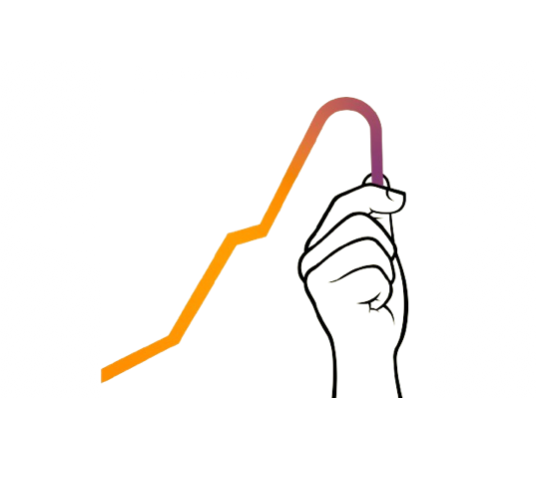From January 1 this year (2021), the European Union banned the export of unsorted plastic waste to less industrialized nations outside the Organisation for Economic Co-operation and Development (OECD) as a part of new rules amending the bloc’s 2006 Waste Shipment Regulations.
The rules came in response to a 2019 conference at which 187 countries had pledged to add restrictions on plastics to the The Basel Convention, adopted in 1989, which was designed to protect human health and the environment by regulating the transportation of hazardous waste across borders. By banning the export outside the OECD of difficult to recycle plastic waste, the E.U. actually went a step further than the Basel Convention implored.
In 2019, the E.U. exported 1.5 million tons of plastic waste, mostly to Turkey and Asian countries such as Malaysia and Indonesia. In early 2019, the EU exported around 150 000 tonnes of plastic waste per month. This figure was about twice as high in 2015 and 2016 about 300,000 tons monthly, when exports went to China and Hong Kong primarily. Following China’s 2018 ban on plastic imports, the waste was exported to Malaysia and Indonesia. There is little knowledge or transparency about how plastic waste imported from the EU is managed in other countries. With a lack of sufficient recycling facilities established in those countries, most plastic was either dumped in the oceans or burned in open fires.
Waste was exported because of a lack of capacity to reuse, recycle and recover all of its plastic waste and because there of a demand for imports and profits to be made. For countries in Asia, imports are an option, as large amounts of plastic waste has an economic value. In addition, these countries do not have the same rules and regulations for waste treatment as those in the EU and can therefore manage plastic waste in a less controlled way. Factors such as tariff and non-tariff barriers and differences in gate fees at treatment facilities, transport costs, environmental taxes and policy stringency, treatment capacity and legislations also played a huge role.
As per a senior scientist of Greenpeace Research Laboratories, when plastics are exported from one country to another they can bring with them a wide range of hazardous chemicals and Improper storage and treatment can later release these chemicals into the local environment, and burning can even generate new hazardous chemicals. Poor management of plastic waste has negative environmental and climate effects, such as deposits of plastic and microplastics appearing on land and in rivers and oceans worldwide. Plastic contributes to climate change through greenhouse gas emissions from production and from waste management, and to harmful effects from chemicals and water use. The ban is a welcome move and marks an important milestone in fighting plastic pollution and transitioning a shift to a circular economy.

